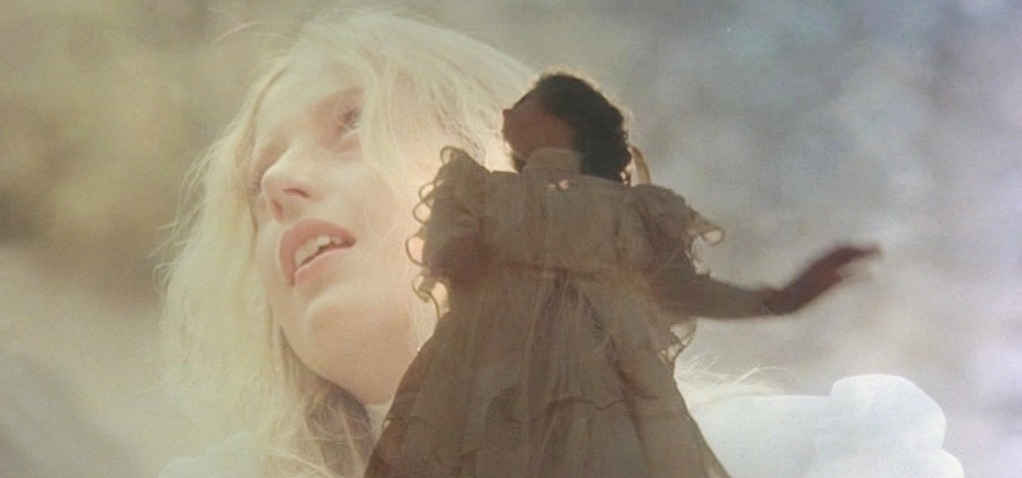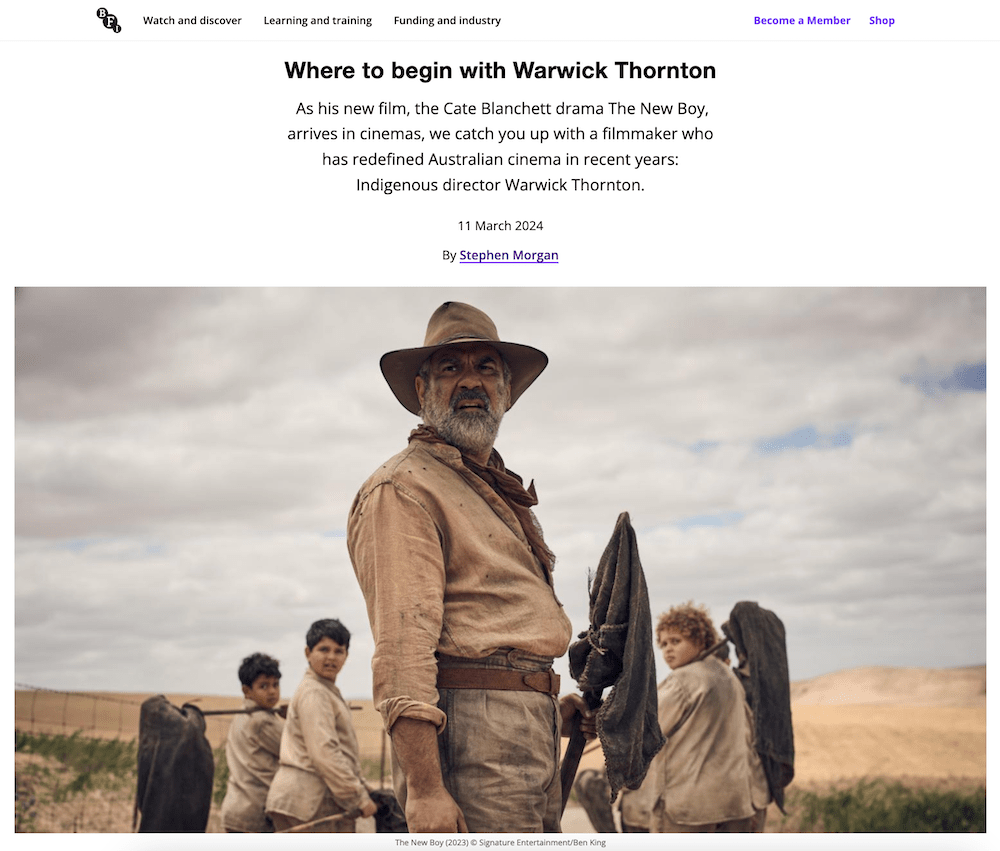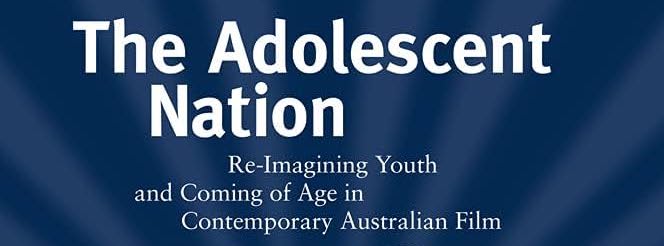A Busy (Late) October: Screenings Ahoy!
Long time no post (expect, at some point, a recap of a busy summer of screenings, including London Australian Film Festival returning to its summer slot, a bonus Q&A screening of Jaydon Martin’s excellent working class docufiction Flathead, AND a very special event with the one and only, David Wenham).
In the meantime, some belated news about things I have coming up in the latter half of this month, as I host two special screenings for KCL Film Studies (Chilean animation tonight, an Aussie WWI doc on Sat), before heading south-west for Ozploitation and Aussie heist noir.
Continue reading “A Busy (Late) October: Screenings Ahoy!”







